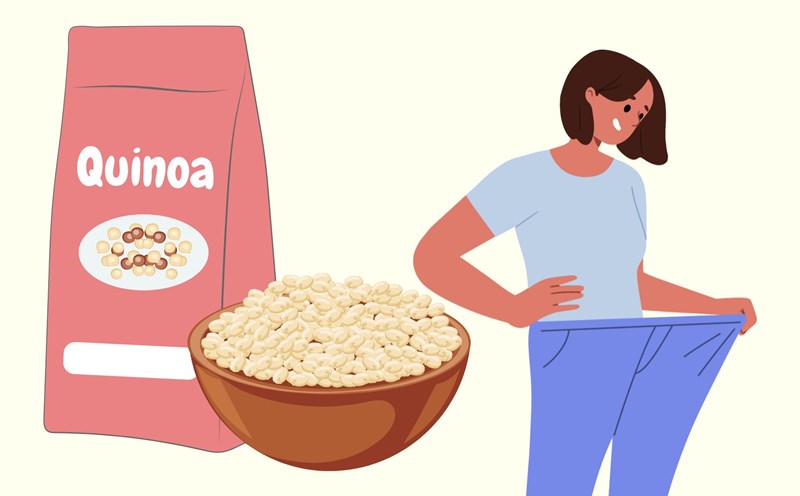What are ultra-processed foods?
ultra-processed foods are products that have gone through many industrial processing stages and often contain additives such as colorants, preservatives, artificial flavors, etc. These foods are very popular in modern life because of their convenience, but they pose many potential health risks.
These foods often contain a lot of sugar, salt and unhealthy fats, while being deficient in fiber, vitamins and minerals, which are essential for a healthy body and supporting sustainable fertility.
Super processed foods and the link to infertility
Impact on women
According to Dr. Priyanka Yadav, a reproductive expert at Birla Fertility & IVF, Jaipur (India), eating ultra-processed foods too often can lead to serious problems for women.
An unhealthy diet with many processed foods can aggravate insulin resistance, which can lead to polycystic ovary syndrome (PCOS), one of the most common causes of ovulation and infertility disorders in women. In addition, nutritional deficiencies also reduce egg quality and affect the uterine environment, Dr. Priyanka Yadav shared.
Effects on men
Not only women but also men are significantly affected. A study published in PubMed Central (PMC) shows that: men who regularly eat ultra-processed foods have a higher risk of:
Reducing sperm count
Weak sperm, poor movement
sperm DNA damage
These factors make natural conception more difficult, and can even lead to infertility if not intervened promptly.
Potential harms from packaging and chemicals
Dr. Priyanka Yadav says that not only the food inside, but also the packaging is a danger. Many plastic or recycled products can release chemicals that disrupt hormones, directly affecting the reproductive hormones of both men and women. These chemicals can disrupt hormonal balance, affecting ovulation in women and sperm quality in men.
What to do to protect reproductive health?
You do not need to completely eliminate processed foods, but you should gradually reduce and replace them with natural foods, cooked at home. Here are some simple suggestions:
Eat fresh, least processed foods: Prioritize green vegetables, fruits, whole grains, fresh fish meat, beans...
Plan your meals: Preparing a menu in advance helps avoid having to buy quick food when busy.
Bring healthy snacks: Roasted nuts, unsweetened dried fruits, homemade energy bars, low-sugar yogurt are good choices.
Read food labels carefully: Limit purchases of products with many additives, sugar, industrial oils and preservatives.
(The information in the article is for reference only, not a replacement for medical diagnosis or treatment. You should talk directly to your doctor for accurate advice that is suitable for your health condition.)











